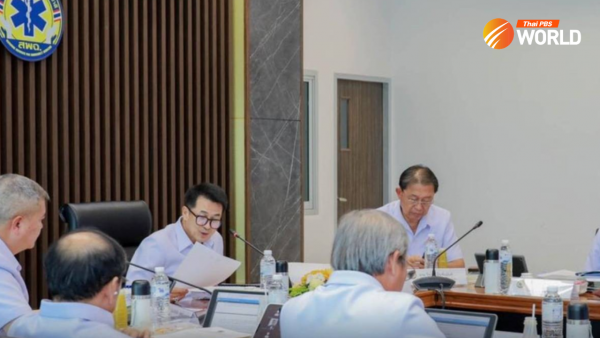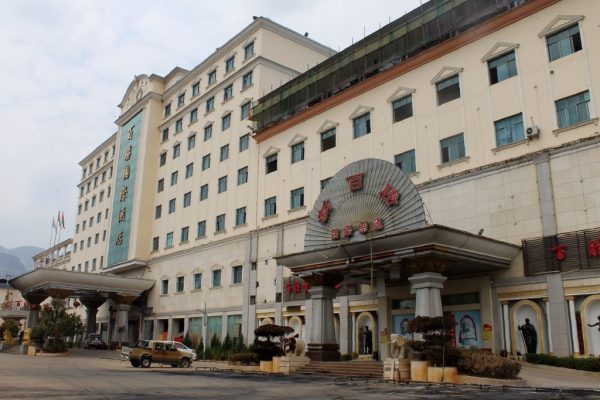Charter court asked to rule on House committee powers to summon people for questioning

The Constitutional Court has been asked to rule whether House or Senate standing committees have the authority to formally summon a person for questioning or to demand documents in the course of its investigations.
The issue was raised by Mr. Paiboon Nititawanwith with the Office of the Ombudsmen. The party-list Palang Pracharat MP wanted the Ombudsmen to rule on whether an order of the House of Senate standing committee to summon an individual or to demand documents from a person or an organization, in accordance with Sections 5, 8 and 13 of the Act concerning such orders, is constitutional.
Secretary-general of the Ombudsmen’s Office, Mr. Raksakecha Chaechai, said today that the Ombudsmen ruled that a House or Senate standing committee is only empowered to invite someone for questioning or to request documents, but does not have the authority to issue an order summoning someone for questioning or to demand documents.
To finalize the issue, the Ombudsmen have decided to refer the matter to the Constitutional Court for consideration.
The issue came to light after Pol Gen Seripisut Temiyavet, chair of the House standing committee on corruption, threatened to invoke the Sections 5, 8 and 13 of the relevant Acts to summon Prime Minister Prayut Chan-o-cha and Deputy Prime Minister Prawit Wongsuwan for questioning, regarding the incomplete recital of a vow during the swearing-in ceremony, after both of them refused to show up in person, instead assigning others to act on their behalf.






